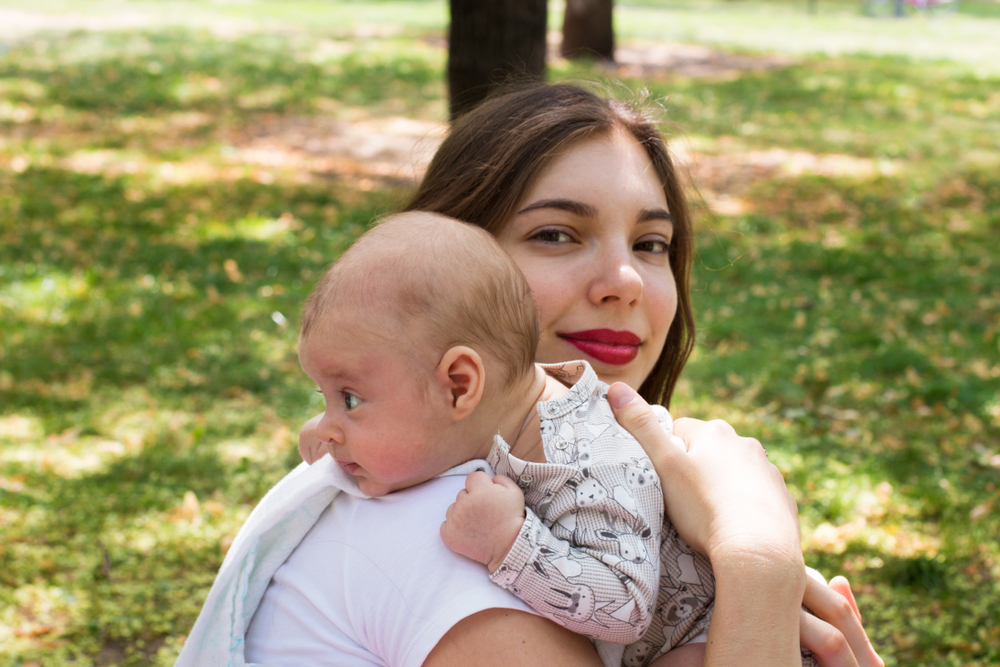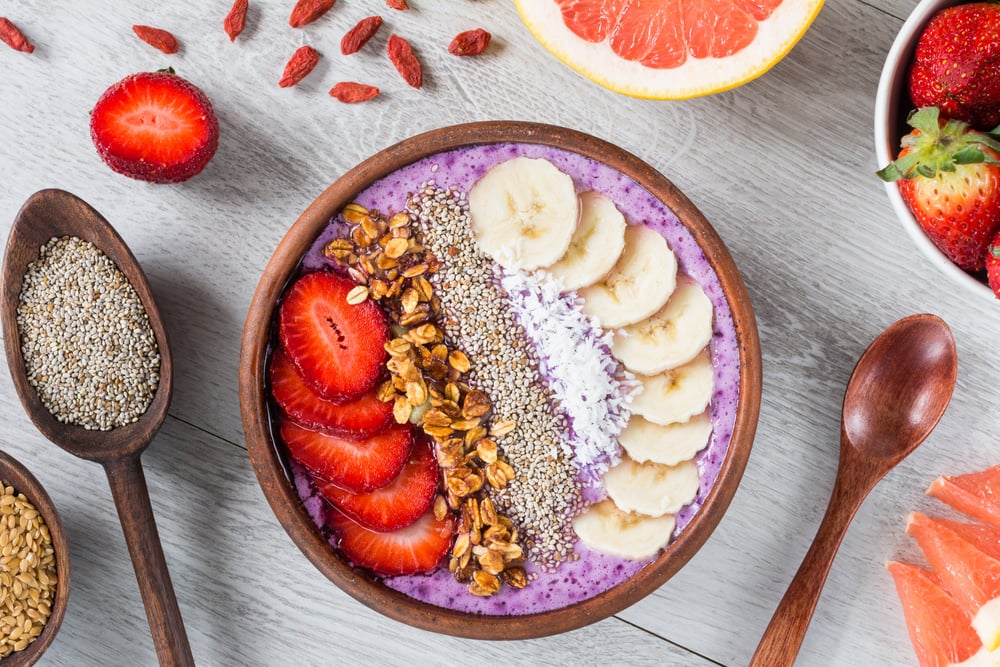Spitting up is a common occurrence among infants, and it affects almost 50% of young babies. Mothers are familiar with the sight of drool drenching their babies’ bibs and chests. Spitting up is a mild version of vomiting, and it usually consists of saliva, milk, or food. Spit up can be clear or white, and it can include a few chunks of partially curdled milk. This mild form of throwing up can occur soon after your baby feeds or hours later. Most babies completely outgrow spit-ups by six or seven months.
Why Do Babies Throw Up?
Young babies regurgitate their food and milk for a variety of reasons. They usually spit up a couple of mouthfuls of milk after feeding. Overfed babies may spit up even more. Their little stomachs are still developing, so they can’t ingest everything they’re fed. Most infants have a condition called gastroesophageal reflux, more commonly known as infant reflux. This condition is caused by the underdeveloped valve between the esophagus and stomach allowing food back into the esophagus. The valve will develop and do its job effectively as your baby grows.
Other Causes Of Spitting Up
Babies do a lot of burping and drooling, so spitting up can occur at the same time. Aggressive feeding or a very fast flow of milk may cause choking, which can result in spitting up. Babies swallow a lot of air when they’re feeding, so trapped air can cause some regurgitation of liquid when it finally comes out in a burp. Crying, coughing, or straining can lead to regurgitation of food or milk. Older babies can also have episodes of spitting up due to teething, crawling, or the consumption of solid foods.
Reduce The Occurrences Of Spitting Up
Babies spit up regardless of the type of milk they’re fed, but making a few changes in feeding methods and other daily habits can reduce the amount and frequency of mild vomiting. Maintain a healthy, balanced diet if you’re breastfeeding, and treat your baby promptly if a cold develops to lessen the buildup of mucus. Hold your baby upright during feeding and for about 30 minutes afterwards for proper digestion. Choose the proper nipple size to ensure the right amount of milk flow. Avoid overfeeding, and burp your baby during and after feeding. Try to keep noise and distractions to a minimum while feeding your baby, so they can focus on feeding. Babies can swallow more air while taking breaks from feeding, and this can cause more spitting up. Sleeping position is very important, so consult your doctor to make sure you are putting your baby in the correct position.
Difference Between Spitting Up and Throwing Up
Spitting up is completely normal and doesn’t cause your baby any discomfort. The flow of stomach contents from the esophagus to the mouth is slow and easy. Throwing up is the term that’s used to describe the forcible spitting up of the stomach’s contents. It causes visible distress. Spitting up is a part of normal development and is not a cause for concern unless accompanied by other symptoms.
Seek medical advice if your baby is experiencing any of the following symptoms:
– Throwing up forcefully with obvious discomfort
– Blood in vomit or stools
– Regurgitating runny or grainy green or brown fluid
– Difficulty breathing
– Choking or coughing after spitting up
– Loss of appetite
– No weight gain
– Less frequent urination
– Spitting up doesn’t start until 6 months or older











